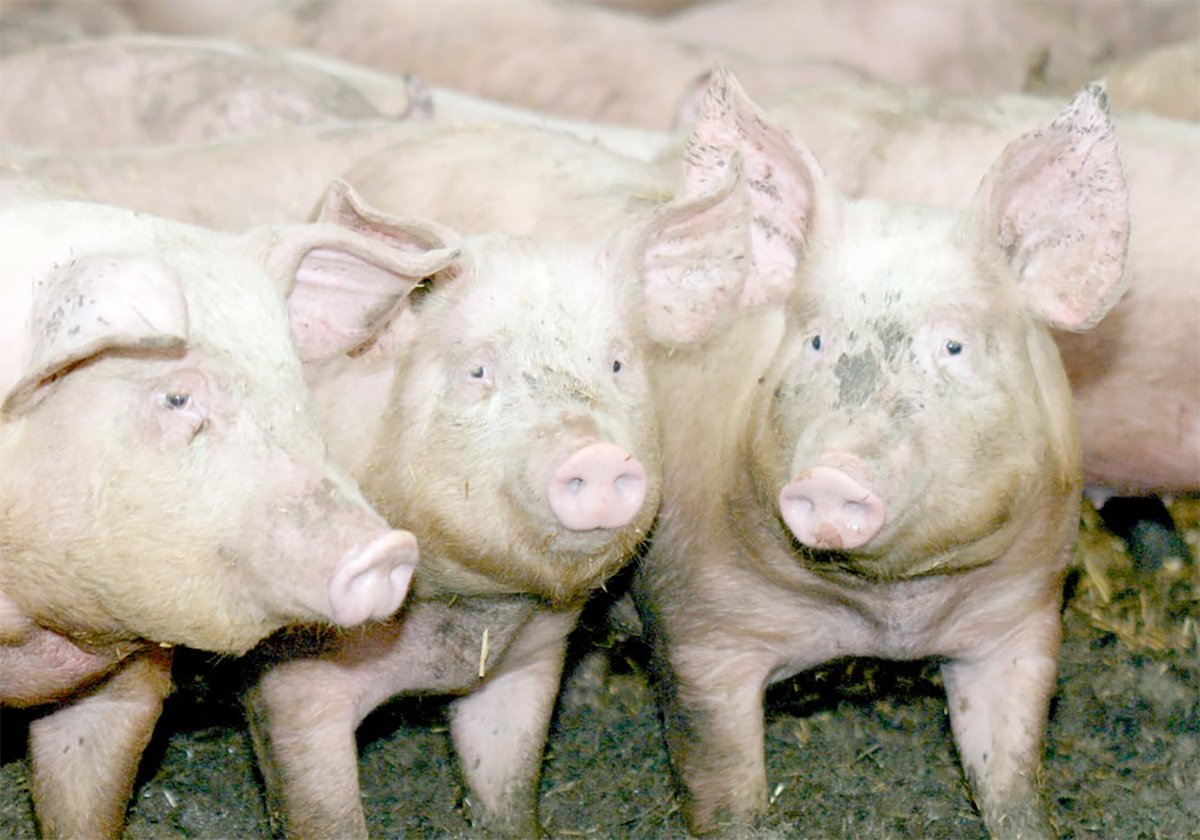Applying a brand name to Canadian beef may be its salvation once
country-of-origin labelling becomes law in the United States.
The new U.S. farm bill requires that country-of-origin labels become
mandatory in the fall of 2004. The first set of regulations is expected
in September, giving exporting countries including Canada a sense of
what the future might hold.
“There is the potential for fairly significant impact on the industry,”
said Alberta Cattle Commission manager Gary Sargent.
Read Also

The Western Producer Livestock Report – November 13, 2025
Western Producer Livestock Report for November 13, 2025. See U.S. & Canadian hog prices, Canadian bison & lamb market data and sales insights.
The new law would affect Alberta because it produces 70 percent of
Canada’s beef and has two major processing plants.
Canada exports nearly 60 percent of its production either as live
animals or beef. The U.S. takes about 75 percent of those exports.
The beef marketing system is complicated, involving producers, packers,
wholesalers, retailers and food service buyers.
Sargent said any new plans are further complicated by the fact that
most Canadian beef packers are American owned and no one knows what
their strategy might be in the next two years.
Branding beef products may be the best approach when walking on the
tightrope of international markets.
Consumer studies show marketing a product called Alberta Beef has no
credence in the American system. U.S. consumers react more positively
to house brands from their favourite supermarkets.
“Unless someone makes an investment in a brand label, it is not worth
very much,” he said.
As well, an Alberta Beef label would take considerable investment,
production criteria and a verification program.
Another industry initiative is to work with packers who provide
exclusive lines of Canadian beef to American supermarket chains.
Two such programs have started in Hawaii and California. Two mid-size
grocery chains have signed exclusive agreements with packers to buy
Canadian beef for their store brand beef programs.
Andrew Raphael, manager of Beef Marketing Services International, said
the Hawaiian chain has bought three million pounds of Canadian beef
since the program started.
The Canadian Cattlemen’s Association created the marketing service to
address the American market. It is taking a multi-pronged approach with
packers, retailers and the Beef Information Centre to develop products
for the U.S. retail chains.
“You have to be a very good product just to get on the shelf,” Raphael
said.
Canadian beef sold through these programs receive price equivalency,
which means AAA beef should be sold for the same price as U.S. Choice.
Beef marketers on both sides of the border worry this brand-name
labelling could raise beef prices for consumers because these products
must be segregated and labelled. It is conceivable that higher-priced
beef may force cost-conscious consumers to buy more chicken, fish or
other cheaper items.
Another area of concentration is increased food service sales to
restaurants and hotels, where the meat does not have to be labelled by
country of origin.
The Canada Beef Export Federation is also revising its business plan.
The federation focuses on Asia and Mexico, which is scheduled to buy a
total of 114,000 tonnes of Canadian beef this year.
U.S. agriculture secretary Ann Veneman said on May 30 she will
implement country-of-origin food labelling as written in the new U.S.
farm bill. The secretary had expressed misgivings about the bill and
was concerned about cost to the industry.
The new law requires that animals must be born, raised and slaughtered
in the U.S. to receive a U.S. meat label.















